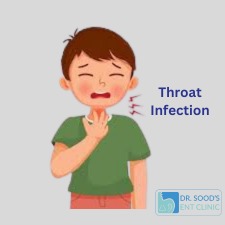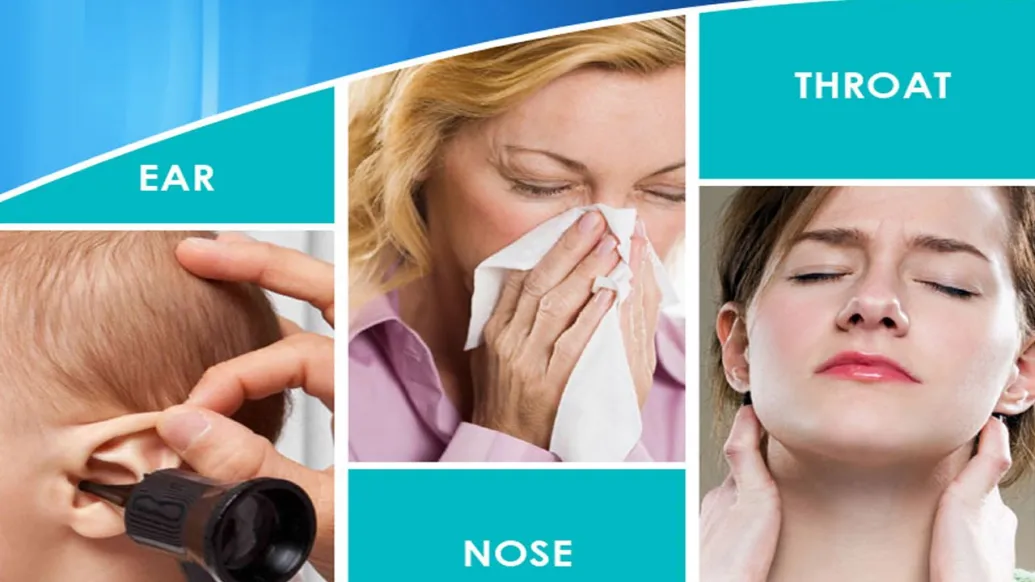Tue, Jan 2, 2024
Read in 2 minutes

Introduction:
Throat infection is a common symptom of viral or bacterial infection. Throat infection may feel like an irritation, inflammation, eruption or a painful scratch in your throat. The pain gets worse when you swallow. The pharynx is also called the throat. It is a hollow tube inside the neck from behind the nose to the top of the windpipe and oesophagus. Hence, a throat infection is also called pharyngitis. Pharyngitis can affect the surrounding areas including the tongue, tonsils and roof of the mouth. A throat infection is called sore throat when caused by a virus. Strep throat is an infection due to bacteria. Throat infections can quickly spread from one person to another by close contact and sharing utensils and objects. These infections occur more during the colder months.
What Causes Throat Infection:
Although the most common causes are bacterial and viral infections. The causes of a throat infection may include-
• Bacterial infection (strep throat)
• Parasitic infection
• Fungal infection
• Viral infection (flu or common cold)
• Tonsillitis (inflammation of tonsils)
• Cigarette smoke
• Allergies (pollen, mould, dust mites)
• Excessive dryness due to congestion.
Symptoms of Throat Infection:
The appearance of symptoms in people may vary in severity and duration. You might feel irritation and pain in the back of your mouth, tonsils and neck. You might also experience swollen lymph nodes, fever, earache and headache. The following are the most common symptoms of throat infection:
• Sore throat
• General malaise
• Loss of appetite
• Vomiting
• Nausea
• Fever
• Painful swallowing
• Stomach ache
• Redness in the throat
When to Seek Medical Help:
The throat infection may not cause any serious health conditions. However, you might need to consult a doctor if you have a sore throat that lasts for longer than a few weeks. Following signs should guide you to visit a doctor for proper treatment.
• Excessive drooling (in the case of children)
• Severe throat pain
• Blood in saliva or phlegm
• Trouble swallowing or breathing
• Extreme tiredness
• Rashes all over the body
• A bulge in the back of the throat
• Difficulty sleeping
• High fever (over 100.4°F)
• Headache, earache, stomach ache, body ache
• Nausea and vomiting.
To ensure proper treatment for throat infections, it is essential to consult a qualified doctor if the symptoms do not improve with home remedies. It is also important that one must not self-medicate with antibiotics without knowing the diagnosis and possible side effects.
